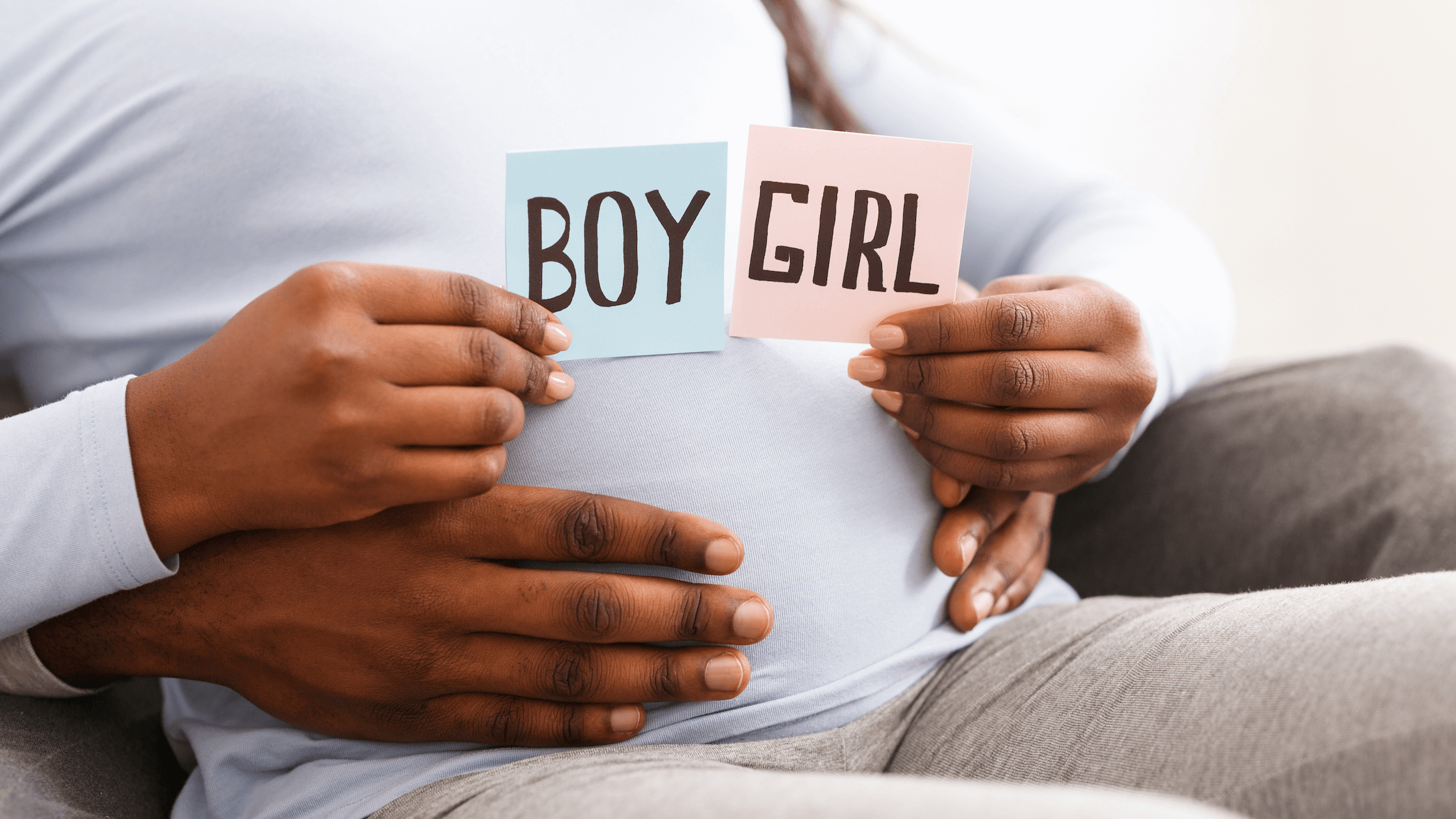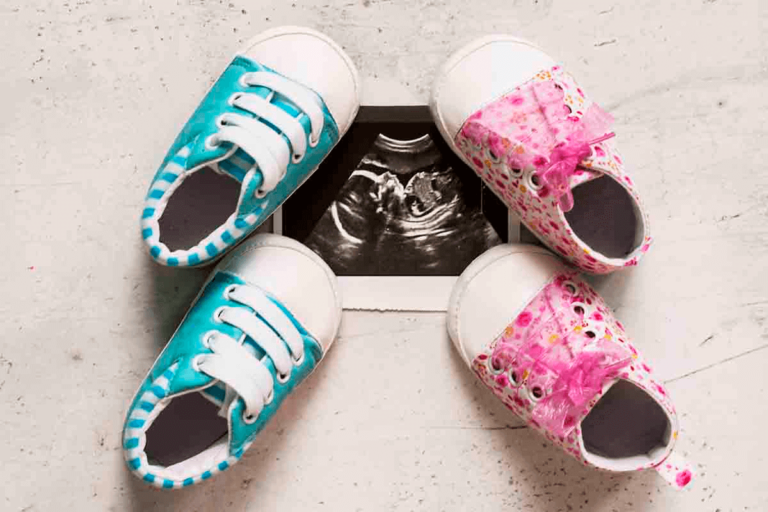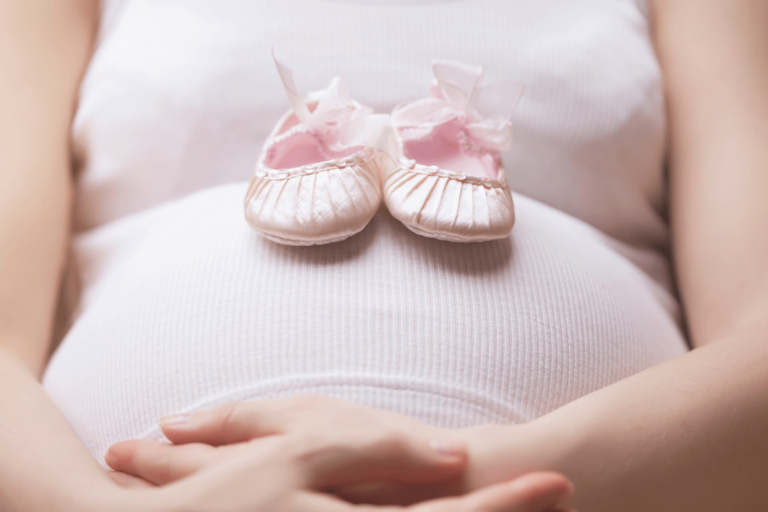Signs You Might Be Expecting a Boy

Hearing your baby’s heartbeat for the first time is a deeply emotional and joyous experience for expectant mothers. This significant moment often makes the pregnancy feel more tangible. Some believe that monitoring the fetal heart rate can provide clues about the baby’s gender. Research suggests that a heart rate consistently below 140 beats per minute indicates a higher chance of having a boy, while a heart rate above 140 beats per minute might suggest a girl.
The desire for a baby boy has been a cultural phenomenon for centuries, prevalent in many parts of the world including India, China, and various African countries. Numerous myths and old wives’ tales claim to predict the baby’s gender. Here are some popular beliefs:
Acne Outbursts
Pregnancy hormones can cause significant changes in a woman’s skin, leading to acne regardless of the baby’s gender. However, some believe that an increase in pimples may indicate a higher chance of having a boy.
Food Cravings
Cravings during pregnancy can vary widely. While some women crave ice cream and pickles, others might have different cravings. It’s believed that craving salty and sour foods can be a sign of carrying a boy. Pregnant women should indulge their cravings as long as they maintain a healthy diet.
Tummy Positioning
A common belief is that if a woman’s pregnancy belly is low, she might be having a boy. In India, it is often said that a low abdomen indicates a boy. However, there is no scientific basis for this theory.
Personality Changes
It is said that women carrying boys might exhibit bolder personalities, being more in control, emotional, and aggressive. However, there is no scientific evidence to support this claim.
Urine Color
Some believe that darker urine during pregnancy can indicate a boy. Another old wives’ tale involves adding Drano to urine; if it changes color to black, green, blue, or brown, it supposedly means a boy. However, these methods lack scientific validation.
Also read: Unusual Early Pregnancy Symptoms: A Comprehensive Checklist
Breast Size
Pregnancy causes many physical changes, including breast growth. Some believe that if the right breast is larger than the left, it might indicate a boy. Even slight changes in breast size are thought to be significant.
Cold Feet
A common belief is that women with consistently cold hands and feet during pregnancy are carrying boys. While this is a popular belief, there’s no scientific proof behind it.
Hair Growth
Hormonal changes during pregnancy can affect hair growth. If a woman’s hair grows faster than usual, it might indicate she is carrying a boy.
Sleeping Position
As pregnancy progresses, sleeping can become increasingly difficult. Some believe that women who prefer sleeping on their left side are more likely to be carrying boys.
Dry Hands
If a pregnant woman’s hands are unusually dry, even after using lotion, it could be a sign of a boy. This belief, like many others, is not backed by scientific evidence.
Weight Gain
Weight gain is inevitable during pregnancy. However, some say that if a woman’s weight gain is primarily in the belly and not noticeable from behind, she might be having a boy.
Medical Tests for Determining Baby’s Gender
While these signs and myths can be fun to consider, they are not reliable methods for predicting a baby’s gender. The only accurate ways to determine gender are medical tests, which include:
Ultrasound
The most common method, an ultrasound, can typically reveal the baby’s gender around 18 to 20 weeks into pregnancy. Ultrasounds have a high accuracy rate of 95-99%.
Blood Tests
Blood tests like the Non-Invasive Prenatal Testing (NIPT) can determine the baby’s gender as early as 7-8 weeks into pregnancy. These tests are primarily used to screen for genetic disorders but can also reveal gender.
Amniocentesis
This more invasive procedure involves taking a sample of the amniotic fluid to test for genetic abnormalities and the baby’s gender. It is usually performed when there is a higher risk of genetic disorders.
While these medical tests are highly accurate, it’s important to note that there is always a slight margin of error. The skill and training of the healthcare professional conducting the test can also influence the accuracy.
In conclusion, while it can be entertaining to guess your baby’s gender based on these symptoms, the only reliable methods are through medical tests like ultrasounds, blood tests, or amniocentesis.
Also read: Earliest Signs And Symptoms Of Pregnancy






